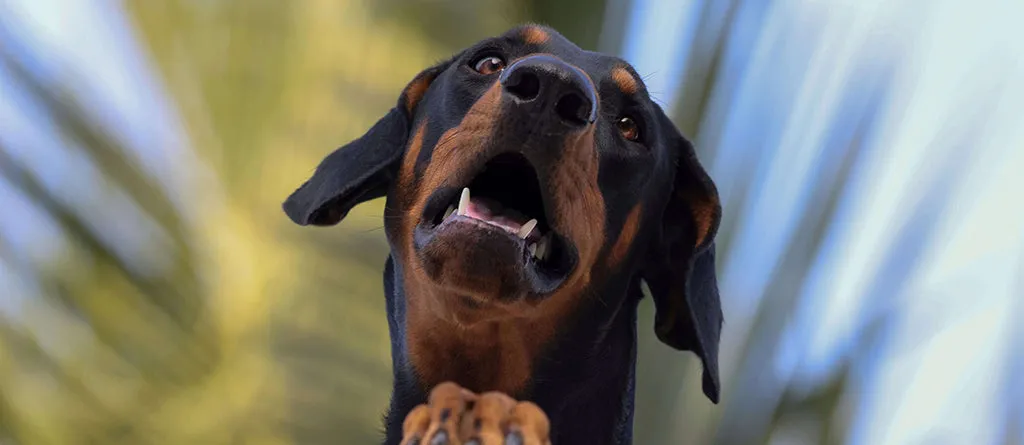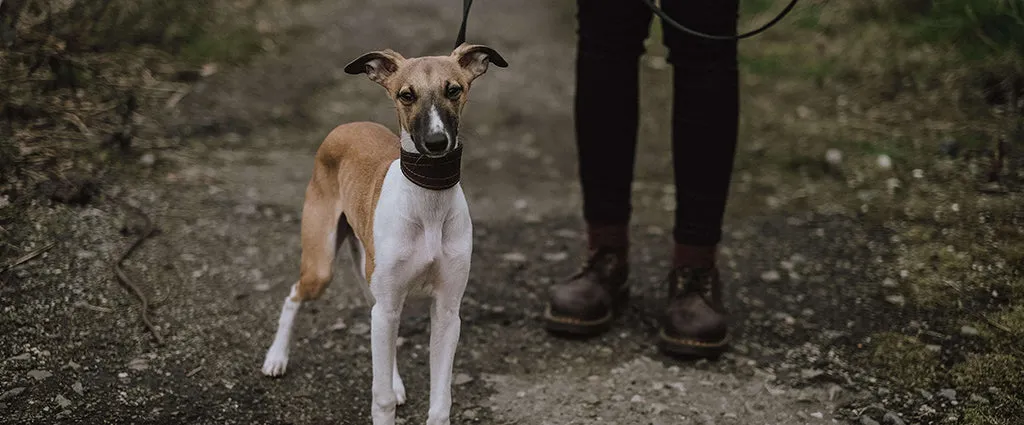Hair loss in dogs, medically known as alopecia, can be a concerning issue for pet owners. While not always a sign of serious illness, it can lead to noticeable bald spots and discomfort for your canine companion. Understanding the potential causes and exploring natural remedies like apple cider vinegar can provide valuable insights for managing this common problem. This article delves into the reasons behind dog hair loss and specifically examines how Apple Cider Vinegar For Dog Hair Loss can be a beneficial part of your dog’s grooming and health regimen.
Understanding the Causes of Dog Hair Loss
Numerous factors can contribute to hair loss in dogs, ranging from environmental triggers to underlying health conditions. Identifying the root cause is crucial for effective treatment.
Allergies
Allergies are a prevalent cause of skin irritation and subsequent hair loss in dogs. These can be triggered by flea bites, other external parasites, certain foods, or even airborne allergens like pollen. If your dog exhibits excessive itching, scratching, or has red, inflamed skin alongside hair loss, an allergic reaction is a strong possibility. Consulting a veterinarian is essential to pinpoint the allergen and develop a management plan.
Bacterial and Fungal Infections
Skin infections, such as ringworm, yeast infections, atopic dermatitis, and folliculitis, can manifest as hair loss. These conditions often present with other accompanying symptoms like redness, itching, or a distinctive odor. Prompt veterinary diagnosis and treatment are necessary to clear the infection and restore healthy skin and coat.
Hormonal Imbalances
Certain hormonal conditions can lead to significant hair loss in dogs. Hyperthyroidism, an overactive thyroid gland, can accelerate metabolism, sometimes resulting in thinning fur and unexplained weight loss. Cushing’s disease, more common in older dogs, involves the overproduction of cortisol, which can also affect hair growth, often accompanied by increased thirst, urination, and a distended abdomen. If you suspect a hormonal issue, a vet visit is paramount for accurate diagnosis and treatment.
Genetic Predisposition
Some dog breeds are genetically predisposed to experiencing hair loss. While breeds like the Chinese Crested are known for being hairless, other breeds such as Chihuahuas, Staffordshire Bull Terriers, Dachshunds, Greyhounds, and Doberman Pinschers can be more prone to hair thinning or bald patches, particularly on their ears, chest, or back. This type of hair loss typically appears after the dog reaches one year of age.
Seasonal Shedding
Like humans, dogs can shed their fur as a natural process, especially during warmer seasons or when their existing coat becomes old or damaged. While less noticeable in moderate climates, this shedding can be more pronounced in regions with distinct hot summers. Breeds like Boxers, Huskies, Labradors, and Bulldogs are often more prone to seasonal shedding. Regular brushing can help manage this natural process.
Other potential causes of dog hair loss include:
- Mange
- Stress
- Nutritional deficiencies
- Pregnancy and lactation
- Over-grooming or excessive licking, often a symptom of an underlying issue
- Scars, wounds, or pressure sores
- Post-clipping alopecia, where hair loss occurs after grooming
 A Doberman Pinscher with a sleek coat standing alertly.
A Doberman Pinscher with a sleek coat standing alertly.
Hair Loss in Senior Dogs
Older dogs may experience hair loss due to the natural aging process. As their bodies age, their nutritional priorities might shift, leading to less nutrient allocation for hair follicle health. Conditions like Cushing’s disease and the development of pressure sores are also more common in senior dogs. A veterinarian’s assessment is the only way to determine the specific cause of hair loss in an aging canine.
Hair Loss Under a Dog’s Collar
If you notice hair loss in the area where your dog wears their collar, it’s often a sign that the collar is too tight or rubs excessively against the skin. Prolonged friction can lead to skin hardening or even damage. A properly fitting collar should allow you to comfortably slip two fingers between it and your dog’s neck.
Can Ticks Cause Hair Loss?
While ticks themselves don’t directly cause hair loss, the conditions they can transmit or the irritation they cause can lead to scratching and secondary skin issues that may result in localized hair loss. It’s important to protect your dog from tick bites.
 An Italian Greyhound standing on a trail, looking relaxed.
An Italian Greyhound standing on a trail, looking relaxed.
Veterinary Consultation for Dog Hair Loss
Any sudden or noticeable hair loss in your dog warrants a visit to the veterinarian. Dogs are adept at masking pain and discomfort, so even if your dog doesn’t appear distressed, hair loss can indicate underlying issues that require professional attention. Seek veterinary care urgently if hair loss is accompanied by changes in appetite, unexplained weight fluctuations, increased thirst, excessive licking, bad odor, lethargy, behavioral changes, dark skin patches, bumps, scabs, or dandruff.
Exploring Dog Hair Loss Home Remedies
After a veterinary diagnosis, your vet may recommend at-home care, which could include more frequent grooming or the use of medicated shampoos. Beyond that, certain natural remedies are believed to support skin and coat health.
Coconut Oil Application
Applying a small amount of 100% virgin coconut oil topically to affected areas can help improve skin and coat condition. Gently massage it into the skin. If your dog’s coat appears too greasy, you can rinse it off after 5-10 minutes. Be mindful that some dogs enjoy the taste and may try to lick it off.
Apple Cider Vinegar for Dog Hair Loss
Apple Cider Vinegar (ACV) is recognized for its antifungal, antibacterial, and antiviral properties, making it a popular natural remedy for various skin ailments, including contributing to a healthier coat and potentially addressing issues that lead to dog hair loss.
How to Use Apple Cider Vinegar for Dog Hair Loss:
- Dilution is Key: It is crucial to dilute apple cider vinegar before applying it to your dog’s skin. Pure ACV can be too acidic and cause irritation. A common ratio is 50% water to 50% apple cider vinegar.
- Preparation: Pour the diluted mixture into a clean spray bottle.
- Application: Gently spray the affected areas a couple of times a day. Avoid spraying directly onto open wounds or severely inflamed, sore skin.
- Benefits: The properties of ACV may help to restore the skin’s natural pH balance, combat fungal or bacterial issues, and soothe itchy skin, all of which can contribute to healthier hair regrowth.
It’s important to note that while many pet owners find apple cider vinegar beneficial, it should not replace veterinary treatment for diagnosed medical conditions. Always consult your veterinarian before introducing new remedies to your dog’s care routine. Exploring options like foods good for arthritis in dogs or considering a natural food diet for dogs can also contribute to overall well-being. For specific dietary needs, a diet for dogs with arthritis might be relevant. Remember to also consider foods to help dogs with arthritis and best healthy snacks for dogs as part of a holistic approach to your dog’s health.
References
- “Alopecia (Fur Loss) In Dogs” PDSA, June 2020 https://www.pdsa.org.uk/taking-care-of-your-pet/pet-health-hub/symptoms/hair-loss-alopecia-in-dogs
- Huffman, Sandi DVM “Hair Loss In Dogs (Alopecia In Dogs)” Pet MD, Nov 23. 2021 https://www.petmd.com/dog/slideshows/general-health/common-causes-of-hair-loss-in-dogs#slide-3
- Dr Wooten, Sarah “Why Is My Dog Losing Hair?” Hills Pet, Dec 09. 2021 https://www.hillspet.com/dog-care/healthcare/why-is-dog-losing-hair
- Fries, Wendy C. “Bald Spots In Dogs” Fetch by WebMD, Apr 18. 2021 https://pets.webmd.com/dogs/dog-bald-spot#3
- “What Size Collar Does My Dog Need?” Oscar & Hooch https://www.oscarandhooch.com/blog/what-size-collar-does-my-dog-need/
